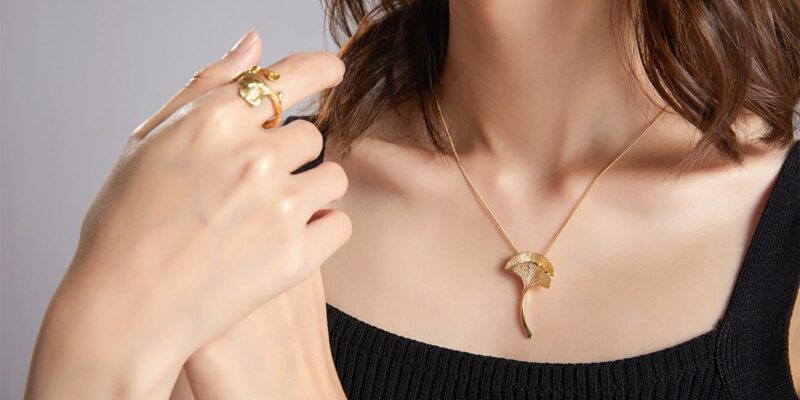
Getting new jewelry, especially if it’s to celebrate a special occasion, is a wonderful feeling. However, that feeling could be spoiled if the piece was sourced illegally, unethically or in a manner which harms the environment. Below, we’ll briefly go over the importance of buying ethical jewelry and what to look for before you purchase.
There are quite a few terms used throughout the jewelry industry to address the concerns surrounding ethics, sustainability and more. As a result, it’s often difficult for consumers to fully understand the ramifications of their purchasing decisions. For instance, while “recycled” jewelry is far more sustainable than new, the original work may not have been sourced ethically. Still, recycling isn’t as impactful as sourcing new materials, which demand better mining conditions.
Another term is “conflict-free.” Stones and metals with this label are certified by independent agencies to have not been mined under cruel working conditions, such as the use of child labor. What’s more, the certification also confirms the jewelry is not connected to terrorist or rebel groups who profit off deplorable sourcing conditions.
Relatively new to the scene is the term “lab grown.” Mostly pertaining to gemstones, these products are created synthetically, yet are designed to be chemically and visually identical to their natural counterparts. More people are opting for lab grown stones since they’re less costly for customers and the environment.
There are also numerous certifications to keep in mind when shopping. A prominent one to look for is Fairtrade Certified, which is the world’s first ethical certification system for gold. To qualify, employers must treat miners fairly, protect the environment, and make improvements for the workers and their communities. Fairmined is a similar certification, with many of the same qualifications. The difference is backing by a stricter third-party process and auditing system to ensure the leading standards for responsible mining practices were met.
A big determining factor for whether an item has been sourced ethically or not is its traceability through the supply chain. As the global supply chain is incredibly complex, unethical practices can go unnoticed rather easily. In fact, the minerals, metals, gems and other materials used to make jewelry come from dozens of countries, according to the Human Rights Watch. These items can go through numerous trades and exportation processes of unknown merit before reaching retailers.
Put simply, when you’re shopping for your next trinket, confirm the jewelry can be traced at every step of production. Be sure to ask the jeweler for any documentation on the piece, such as certifications or a Letter of Authenticity. You could also use an online directory to find suppliers that meet ethical certification guidelines. Lastly, consider opting only for brands or companies that are committed to protecting the Earth and its biodiversity through the highest sustainability standards.
Want to learn more about sustainable gold sourcing and ethical jewelry? Check out the accompanying resource for further information.
Infographic created by Anna Sheffield, Browse Our Extensive Jewelry Collection and Buy Rings Online
https://malleable.ca/blogs/news/ultimate-guide-to-buying-ethically-conscious-sustainable-jewelry
https://www.kleiderly.com/our-blog/sustainable-and-ethical-jewellery-certifications












